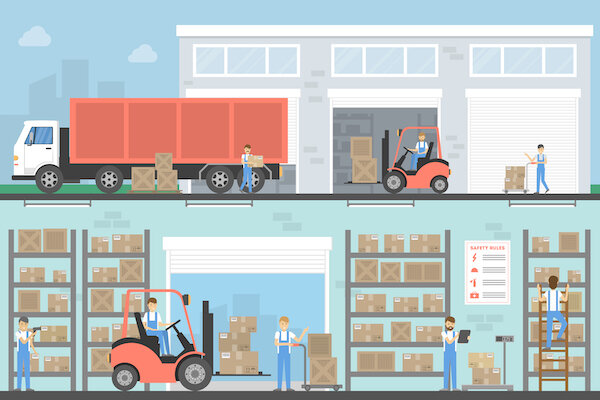Weekly IP Buzz for the Week Ending February 26, 2021
In this week's post, we see that the Robinhood trading app has courted controversy recently due to its role in the volatile trading of GameStop and a suicide by a college student who blamed the app for his death.
Plus, while the terms distributor and dealer are often used interchangeable, in reality, there are some differences between the two in regard to responsibilities and sales requirements.
Robinhood Gets Scrutinized by Congress and Gets Hit with Wrongful Death Lawsuit
In a previous blog post, we briefly discussed Robinhood’s background and how its entry into the trading section affected its competitors. In this post, we discuss the current controversies that surround the trading app. Specifically, Robinhood has found itself embroiled in controversies that involve the premature cessation of GameStop stock trading as well as a wrongful death filed against it.
Read the full article here.
Distinguishing Between Distributors and Dealers
While the terms “distributor” and “dealer” are often used interchangeably to describe one who purchases products from a manufacturer and sells the products to the public, there are distinct differences between the two roles, as each refers to a specific part of the common supply chain.
A distributor is the initial position on the supply chain. Typically, a distributor is either a representative or agent of the manufacturer and has entered into an exclusivity agreement with the manufacturer that covers a large territory. Distributors purchase products from a product manufacturer and either sell the product in smaller quantities to dealers or, in some cases, directly to the public. Distributors often receive some level of training from a manufacturer and are often responsible for after-sale services such as technical support, customer service, or replacement services. And while they typically have an exclusivity agreement in place for a larger territory, they likewise are typically limited by a non-compete agreement that prevents them from distributing competing products.
A dealer, on the other hand, is the position in the supply chain closest to the consuming public. Dealers generally purchase products from distributors in smaller quantities to stock their own shelves and sell to the public. Dealers are not restricted from offering competing products in the same location and often do so, to increase their appeal to the public. Another term used to describe a “dealer” is “retail distributor” recognizing the closer relationship between dealer and consumer. Dealers typically purchase products from distributors or other wholesalers and then sell those products to the public at a higher “retail” price in order to make a profit.
Find more on the key differences here.
Click to read the previous Weekly IP Buzz on Thriving Attorney.
For more posts, see our Intellectual Property Law Blog.
--------
In addition to publishing Thriving Attorney, Darin M. Klemchuk is founder of Klemchuk LLP, a litigation, intellectual property, and transactional law firm located in Dallas, Texas. Click to read more about Darin Klemchuk's practice as an intellectual property lawyer as well as IP mediation services. For more on the latest developments in IP law, see Ideate blog and IP Questions Answered blog.


